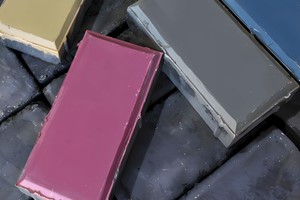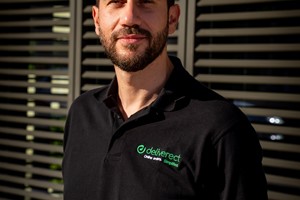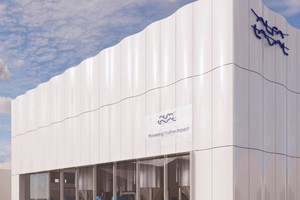Senoptica Technologies, a pioneering sensor technology and analytics company, has achieved a significant milestone in the battle against global food waste with its recent approval by the US Food and Drug Administration (FDA) to enter the North American market. Founded in 2018 as a spin-out from Trinity College Dublin by Brendan Rice, Dr. Steve Comby, and Dr. Rachel Evans, Senoptica's breakthrough technology offers real-time insights into the condition of packaged foods, allowing manufacturers and retailers to predict spoilage before it occurs.
The scale of the food waste problem is staggering, with approximately one-third of all food—1.3 billion tons—going to waste annually according to figures from The World Counts. Senoptica's focus lies in addressing wastage occurring even before food reaches consumers, particularly targeting food sold in modified atmosphere packaging (MAP), which constitutes half of the world's fresh packaged food.
Modified atmosphere packaging works by altering the gas composition inside the package to extend the shelf life of perishable foods. However, if the packaging is compromised, spoilage can occur more rapidly. Senoptica's innovative solution involves optical oxygen sensors printed with patented food-safe ink inside the packaging. These sensors provide real-time data on the oxygen levels within the package, alerting manufacturers and retailers to any defects or leaks that could lead to spoilage.
The technology operates seamlessly throughout the supply chain, from food manufacturing to retail shelves. At the manufacturing stage, packs are subjected to a leak accelerator to detect any defects in sealing. In retail settings, inline scanning systems read the sensor output, allowing for the rejection of out-of-spec packs. Additionally, handheld scanners enable spot checks of pack gas levels at various points in the supply chain.
Brendan Rice, co-founder of Senoptica, emphasizes the transformative impact of their technology on reducing food waste: "We provide new information that will allow them to move the product quicker and benefit the consumer. There's nothing wrong with the food; the packaging has let it down."
The implications of Senoptica's technology extend beyond waste reduction. By enabling comprehensive testing of every pack, the company has increased the chances of detecting failed products by an impressive 11,000 times. Early trials conducted in UK supermarkets revealed that approximately 5% of packs on the shelf had already failed due to compromised packaging, highlighting the urgent need for such innovations.
With its FDA approval secured, Senoptica is poised for expansion, aiming to conduct retail trials of its technology across the United States. The company's ambitious goal is to reduce food waste by 11 million tonnes annually, equivalent to mitigating 240 million tonnes of CO2 emissions—a significant contribution to sustainability efforts.












